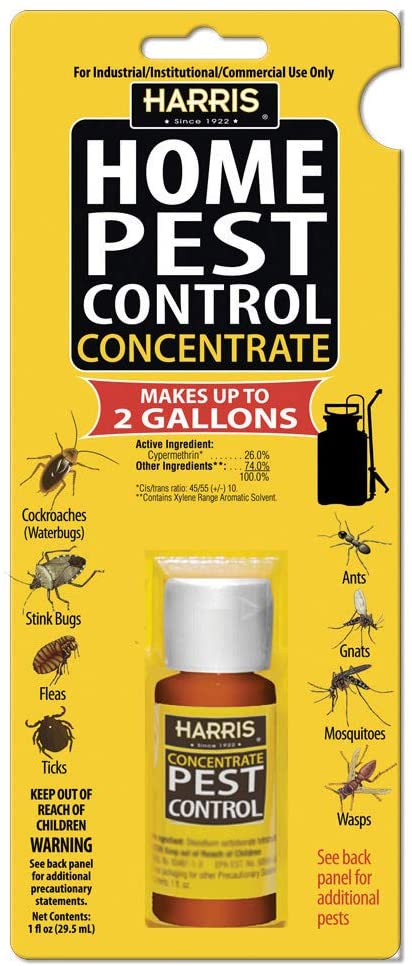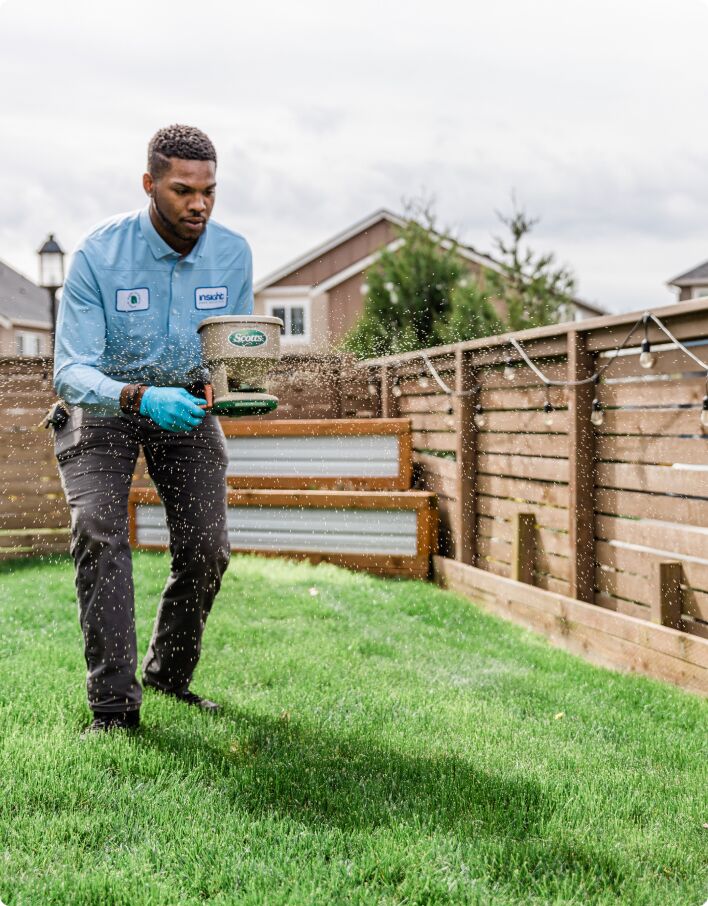A1 Commercial Pest Control Portland - Efficient Bed Bug Solutions for Businesses
A1 Commercial Pest Control Portland - Efficient Bed Bug Solutions for Businesses
Blog Article
Grasping the Art of Parasite Control: Proven Methods for Long-Term Prevention and Eradication
Parasite problems can be a consistent challenge for house owners and businesses alike, needing a tactical approach to successfully manage and get rid of these unwanted burglars. By grasping the art of bug control with tried and tested techniques for long-term prevention and elimination, one can establish an aggressive defense against potential dangers. Recognizing the behavior of bugs, applying incorporated pest management methods, and using natural remedies are just a few essential elements important to attaining long-term success in this endeavor. However, the ins and outs of preserving sanitation, carrying out normal examinations, and diligent surveillance play similarly crucial roles in sustaining a pest-free atmosphere. As the battle versus pests remains to advance, taking on a thorough strategy comes to be paramount in guarding your property from possible damage.
Understanding Pest Behavior
To successfully carry out bug control techniques, it is vital to comprehend the intricate actions displayed by different bugs in various environments. By researching these actions, parasite control professionals can identify the most susceptible factors in the parasite's life cycle to target interventions more efficiently.
For instance, rodents like rats and mice are nighttime creatures that prefer dark, secluded rooms close to a food source. a1 portland bed bug exterminator. Recognizing this, insect control experts can focus on sealing access points and removing food attractants to deter these insects. On the other hand, insects such as cockroaches grow in warm, moist locations with accessibility to water. By addressing moisture issues and sealing cracks and crevices, invasions can be dramatically decreased.
Carrying Out Integrated Parasite Administration
Executing Integrated Pest Monitoring entails making use of an alternative strategy to address bug problems by incorporating various control methods and techniques. This approach emphasizes prevention, surveillance, and control of insects with a combination of biological, cultural, physical, and chemical interventions. By integrating numerous strategies, Integrated Pest Administration (IPM) aims to lessen the use of chemicals while properly managing pest populaces.
Avoidance is also a fundamental principle of IPM, concentrating on eliminating aspects that attract bugs, such as shelter, water, and food. Regular surveillance and inspection are crucial to detect pest invasions early and avoid them from rising.
Moreover, IPM promotes using sustainable and ecologically friendly bug control techniques to lessen injury to non-target microorganisms and the surrounding environment - a1 residential pest control portland or bed bugs. By taking on an Integrated Bug Monitoring approach, people and organizations can properly handle parasites while reducing dependence on chemical pesticides
Making Use Of All-natural Solutions
Structure upon the structure of Integrated Pest Administration, a change in the direction of making use of natural treatments supplies an environment-friendly technique to pest control. All-natural treatments harness the power of nature to prevent and remove pests without the usage of rough chemicals that can harm the setting, human beings, and helpful microorganisms.

Additionally, growing pest-repelling plants like marigolds, lavender, and mint around homes and yards can assist discourage parasites normally. These plants release smells that bugs find unpleasant, driving them away without the requirement for chemical treatment.
Keeping Tidiness and Hygiene

Routinely examining and cleansing hard-to-reach areas such as behind appliances, under sinks, and in storage space wardrobes is important for identifying and getting rid of possible pest environments. Clutter must be reduced as insects often look for refuge in stacks of things or debris. Implementing a regular cleaning timetable and guaranteeing all members of the home or staff members are informed on proper health practices can go a lengthy method in bug avoidance. By maintaining cleanliness and health requirements, the environment comes to be much less hospitable to parasites, ultimately supporting long-term insect control initiatives.
Regular Evaluations and Surveillance
Routine examinations and keeping an eye on play an essential duty in proactively determining and attending to prospective bug issues prior to they intensify. By conducting routine assessments of both the interior and outside of a property, parasite control professionals can identify early indications of problems, parasite access factors, and problems helpful to pest activity.
Regular monitoring permits the very early discovery of insect troubles, allowing quick treatment to avoid widespread problems that can be challenging and costly to eliminate. Furthermore, routine assessments and keeping an eye on assistance to adhere to governing needs and maintain a risk-free, pest-free setting for occupants. Implementing an aggressive strategy via routine evaluations and monitoring is a keystone of effective pest management, providing satisfaction and long-term security versus pest hazards.
Final Thought
Finally, mastering the art of insect control includes understanding parasite habits, implementing incorporated parasite administration, utilizing all-natural treatments, maintaining sanitation and health, and conducting normal assessments and monitoring. By adhering to these proven approaches for long-lasting avoidance and removal, people can effectively handle parasite infestations and produce a much healthier and safer atmosphere on their own and their environments.
To successfully apply pest control techniques, it is crucial to comprehend the complex actions showed by numerous pests in different environments (a1 portland bed bug exterminator). By studying these actions, parasite control professionals can identify the most at risk points in the insect's life cycle to target treatments a lot more successfully
Executing Integrated Bug Management involves using an alternative method to attend to bug concerns by incorporating various control strategies and approaches. By preserving cleanliness and hygiene standards, the setting comes to be less friendly to bugs, ultimately sustaining long-lasting pest control initiatives.
By performing routine evaluations of both the inside and a1 portland bed bug exterminator exterior of a residential property, insect control experts can detect early indications of infestations, pest entry factors, and conditions helpful to pest task.
Report this page